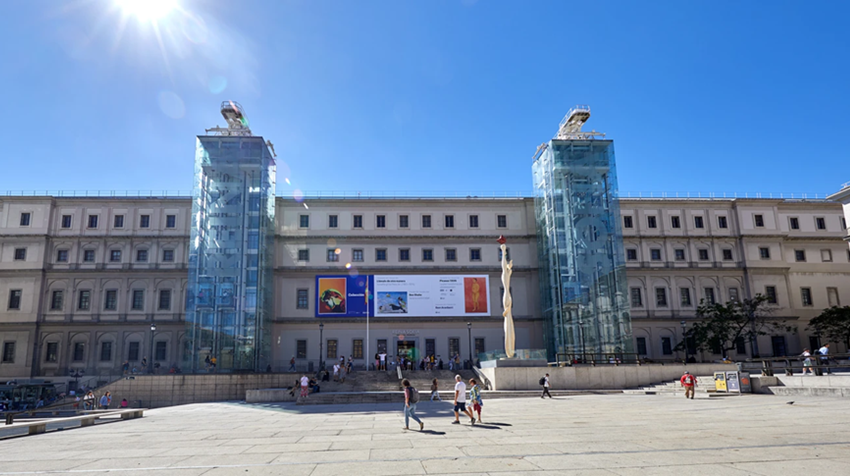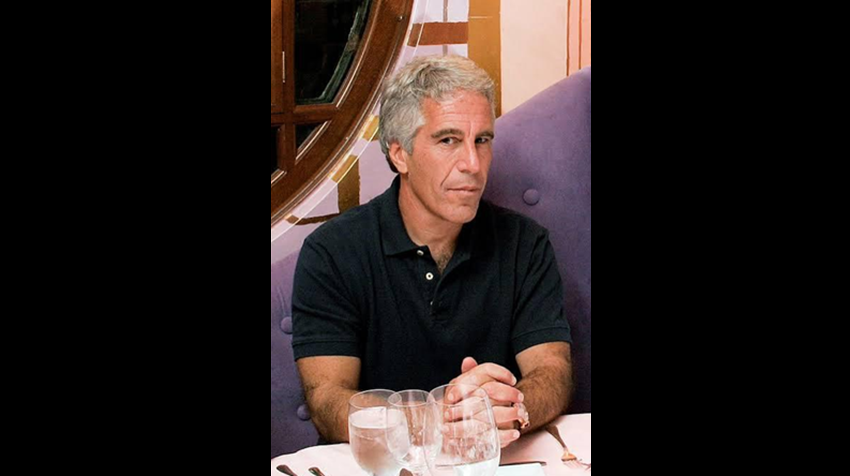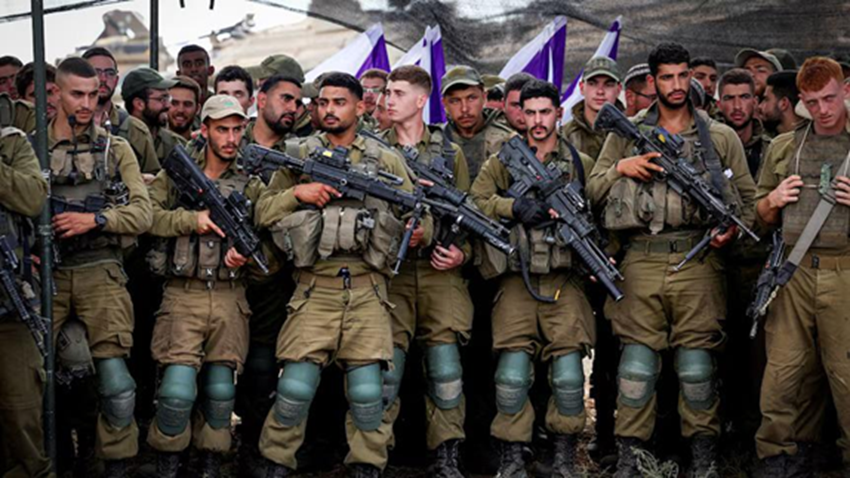On Thursday, May 2, 2024 at Cinema City, in Lisbon, the screening of the most recent documentary film produced by the Jewish community of Oporto "1506 - The Genocide of Lisbon" took place, in front of an audience of 120 people. The brutality of the massacre, seen in images, impressed everyone.
Before the screening of the film, the president of the Jewish community of Oporto, Gabriel Senderowicz, addressed the audience, reminding them that "this is the fourth film that the community has produced, as part of its mission to promote Jewish history. Although the Jewish Museum and the Holocaust Museum of the community receive over 50 thousand students every year, their impact is local. Films are able to reach a much larger audience, not only in Portugal but also abroad".
Senderowicz recalled that "the genocide of the Jews in Lisbon was similar to many others that have occurred throughout the world" and revealed that "the intention of the film was to show the world why the Jews were always a people of forced immigrants". "My Moldovan family was terrified of what happened in Kishinev. They wandered around Ukraine and Poland, where no place was safe for Jews.", he added.
Yotam Kreiman, charge d'affaires at the Israeli Embassy in Portugal, thanked the Jewish community in Oporto for "all the work they have done to spread the stories of Jewish history that are unknown to so many". Kreiman confessed that he "has seen this film many times" and that the events in Lisbon "are inseparable from the history of the Jewish people and the recent massacre in Israel. Remembering history is essential so that it does not happen again".
"The same boiling hatred under the surface that erupted in the 1506 Lisbon massacre, is the same 3,000 years old hatred for Jews that keeps erupting, as we say in Passover: every generation an evil rises to eliminate us. This is the hatred we saw in 1939, and also in October 7, and also today in the U.S. campuses. It is nourished by blood libels and false accusations, and it is more dangerous than any assassin: because it uses the masses to lay the grounds to slaughter innocents. We must support the efforts to learn history - for otherwise we are doomed to repeat it. Please share this movie, and talk about the dangers of antisemitism and blind hatred with those around you", Kreiman concluded.
The screening of the film was followed by a debate moderated by journalist Miriam Assor. It included the historians Susana Mateus and Jorge Martins and international policy analyst Helena Ferro Gouveia.
"Fear is what I feel when watching this film.", said Miriam Assor when opening the debate. "Fear, which I never felt in Israel, where I lived, and which is felt in Europe. Antisemitism grows every day. Every article I write in the newspapers with the words Israel and Miriam Assor is immediately attacked by an endless number of hateful messages."
Assor highlighted the role of the Oporto Jewish community in promoting Jewish culture, history and religion and recalled that the community itself was a victim of antisemitism. "There was talk of 'suitcases of dollars', but in the end what we see are synagogues, museums and films."
Historian Susana Mateus, from the Benveniste Chair, and author of the book "1506 - The massacre of the Jews in Lisbon" said that "the violence that occurred was unimaginable and it is understood that it cannot be shown in its pure rawness in cinema. At the time, all of Europe talked about it. It was an event with enormous repercussions. Even in commercial correspondence the subject was talked about for decades."
Mateus said that "this short documentary film without excessive violence has the potential to go a long way and is appropriate for the school context. The public’s lack of knowledge about such a serious event is shocking and many have contributed to this continued lack of knowledge." The historian stated that "the topic has always been the target of deliberate silencing in Portugal. The co-author of my book and I were invited and uninvited to sessions where we would talk about what happened. While silence was maintained here, I interviewed many families abroad from the Sephardic diaspora who knew very well what happened in Lisbon and were afraid that everything would happen again."
Another historian, Jorge Martins, read a passage from the author Mendes dos Remédios to highlight "how brutal everything was. The film could have gone further but it is really suitable for schools. This movie and the other films that the community produced - "Sefarad", "1618", and "The Nun's Kaddish" should be shown in schools."
International political commentator Helena Ferro Gouveia said that she has been fighting for a long time "so that the historical events that victimized the Jews are not erased. The pogroms have been repeated everywhere. There is a hatred for the Jews that is changing but it is the same as always and if in the past the extreme right was alone, today we see the political left fighting racism but never defending the Jews and much less the Israeli Jews". Gouveia thanked the efforts of Oporto's Jewish community and said that "all Jews must go to fight, otherwise the communications battle is lost. I, who am not Jewish and not Israeli, suffer attacks of all kinds, so I imagine what you suffer."
Also noteworthy were the interventions of three jurists who were present in the audience. Lawyer and former politician Ribeiro e Castro said that it is important that "more cultural works be produced about the positive episodes of coexistence between Jews and other people in Portugal, so that words such as massacre and genocide do not just remain in memory."
David Garrett, from the Jewish community of Oporto, highlighted that the events of 1506 in Lisbon can be defined either with the word massacre or with the word genocide, which can be national or local and kill millions, thousands or even dozens of people. "The deliberate murder of a national, ethnic or religious group in a city, so that none of its members remain alive, is called genocide, both etymologically and legally. Currently national and international law contemplates and punishes the crime of genocide, that is, acts likely to aim at the destruction, in whole or in part, of a human group, due to nationality, ethnicity, race or religion", he said. The jurist recalled the Convention for the Prevention and Punishment of the Crime of Genocide of 1948, Rome Statute of the International Criminal Court and the Portuguese Criminal Law Relating to Violations of International Humanitarian Law.
João Guerra, a jurist who is a member of Lisbon's Jewish community, revealed himself to be knowledgeable of Samuel Usque's work on the "Tribulations of Israel" and was astonished by the way in which the law which in recent years granted nationality to Jews of Sephardic origin was discussed and changed, recalling "the anti-Semitic arguments that were presented, such as 'there are too many Jews interested in obtaining nationality', 'Jewish lawyers make a lot of money' and 'candidates have to be heirs of assets from inquisitorial times that everyone knows were plundered'".


































